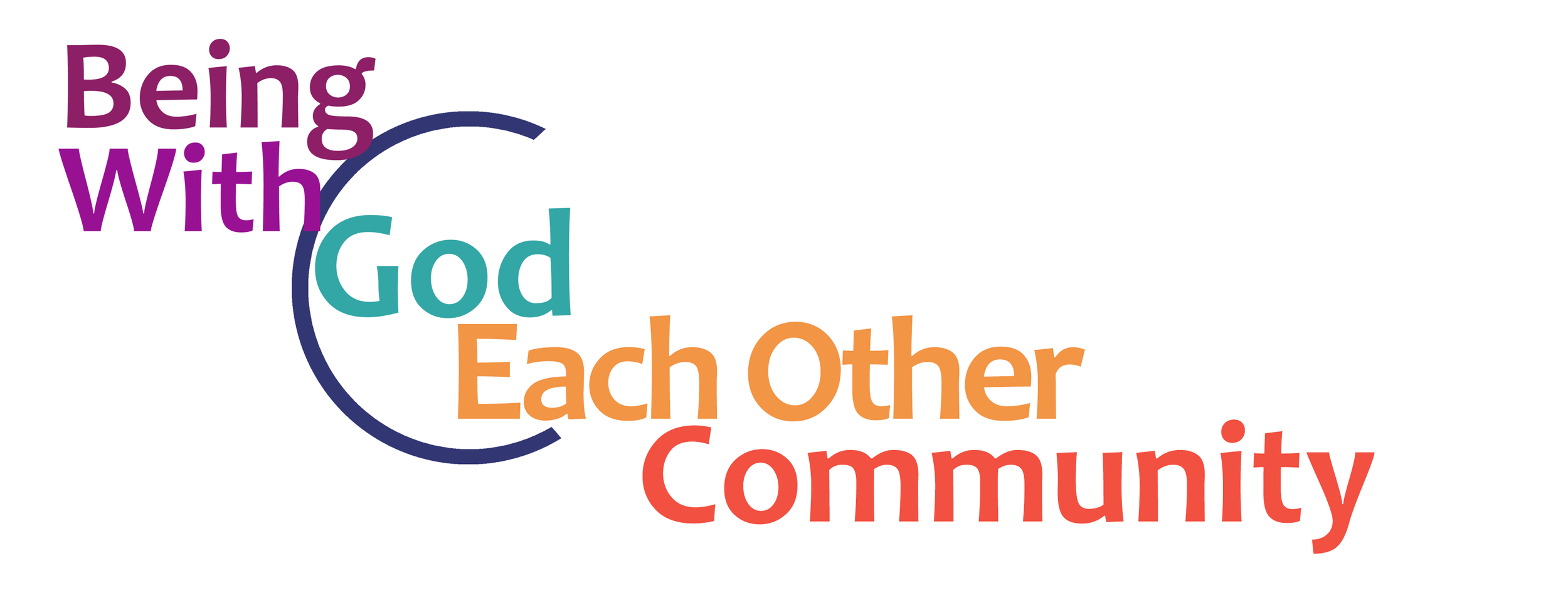In this study we are exploring different types of relationship. This glossary is a brief description of some forms of relationship.
We all engage in transactional relationships every day. These are normal and necessary relationships for living ordinary lives that are based on reciprocity and needs. These relationships have a central common characteristic. This is they are based on the exchange of something of value. A simple example is every time you purchase something from another person or organisation. One party will provide a product (milk) or service (healthcare) in exchange for an agreed value that the other provides (money). These relationships are predominantly between those we generally don't otherwise have any other commitment to the other. We sometimes see this kind of relationship associated with Politics where one party will offer support for a piece of legislation in return for the other parties support on another piece of legislation.
These relationships become problematic when one of the parties demands a good in exchange for something of lessor value. In its extreme forms it can deny the humanity of the other and treat them as having lessor or no human value (e.g. Slavery).
These relationships are characterised by that which brings unity or connection to a relationship. These kinds of relationships are particularly useful when there is a need to unite for a common task or purpose. A sporting team will often display signs of this kind of relationship with symbols such as uniforms, mascots etc.. A group of researchers might use this kind of relationship to advance medical science. The union movement has used these kinds of relationships to seek to improve the conditions of their members.
In recent years we have seen an increasing tendency towards Mutually Reinforcing relationships through the use of Social Media. At the heart of the business model of these companies is to connect like minded people in a way they can then influence on behalf of their advertisers . This has had the impact of creating ever increasing polarity between people who are different or hold different views.
These relationships are not dissimilar to the Mutually Reinforcing ones discussed above. The main difference is that thing that creates connection is characterised by what they seek to exclude.
Although a very complex thing, I think racism would fit into this category as relationship and actions are formed centred around the fear of the other
These relationships are characterised by the forming of connection with the other despite difference that recognises the others intrinsic human value. It has the potential for all involved in the relationship to learn and be transformed through encountering and be curious about our differences.
Marriage is a Christian example of this kind of relationship. We are more and more challenged by secular society to understand marriage more like a transactional relationship based on reciprocity and meeting personal needs. I can name any number of reality television programs that exemplify this point. Marriage is at its best when it reflects a mutually transformative relationship. Marriage often begins based on what a couple we share in common. Can I suggest the depth and commitment of a marriage is shaped by the couples encounter with what is different in the other. It is a relationship in which we are truely vulnerable and truly known. Marriage teaches to move beyond self-centredness to be shaped be the connection with the other. It is in our differences that we are often tested and transformed in faithfulness to one another. It is a dynamic relationship in which we can all be transformed.
Marriage is though only one form of a mutually transformative relationship that can exist between those we know best and those we a yet to meet.
Most people have heard of this term but have varying experiences with its use. Some might even associate it with Meditation and think it is more connected to Eastern Religious practice. Mindfulness practices have been shown to make healthy and long-term changes in our brains that benefit our physical and mental health. It is also clear that there is a long history of Christian Meditation Practices now being rediscovered as part of a regular prayer life.
As a way of beginning our studies, it is intended to better start our sessions. It can help us be more aware of how we are feeling, be connected with those around us and be more open to the learning we will undertake.
There is attached to this glossary a step-by-step Mindfulness process that can work for 1 min or 3 min or 5 min from the Center for Healthy Living. You may wish to use the 5 min audio provided at https://www.headspace.com/mindfulness. If you would like further help there are numerous resources listed below. I encourage you on your own or in your group to begin your study time this way.
Second Breadth
https://secondbreathcenter.com/
WCCM Australia
https://wccmaustralia.org.au/
How to Meditate (WCCM)







